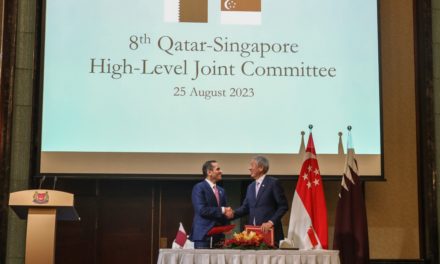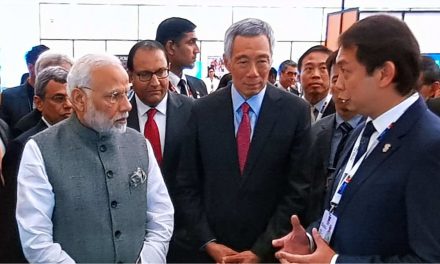
MALDIVES, as a country that relies on its tourism sector as the main source of income, has a responsibility to preserve its environment and natural resources. In 2020, Maldives officially submitted its Nationally Determined Contribution (NDC), which includes its ambition to reduce emissions by 26% and achieve carbon neutrality by 2030. The economy of Maldives is open and relies on the tourism and fishing sectors, which are the main sources of foreign exchange for the country. The majority of Maldives’ exports are fisheries products, while imports consist mainly of machinery, consumer goods, and petroleum. Maldives exports to countries such as Japan, Sri Lanka, India, the UK, France, and Germany, while imports are mainly from China, Japan, Malaysia, Thailand, Singapore, India, Pakistan, Sri Lanka, the UAE, Canada, and Australia.
The country has also adopted a Climate Emergency Bill with the target for Maldives to become a carbon-neutral country by 2030. The bill includes more goal-oriented and measurable ways to achieve net-zero carbon emissions. The Maldives has introduced several adaptive measures to minimize the impact of climate change, such as coastal protection tools and community programs to promote resilience. The country wants to become a leader in mitigation efforts, like reducing greenhouse gas emissions, and is calling on individuals and governments to step up.














